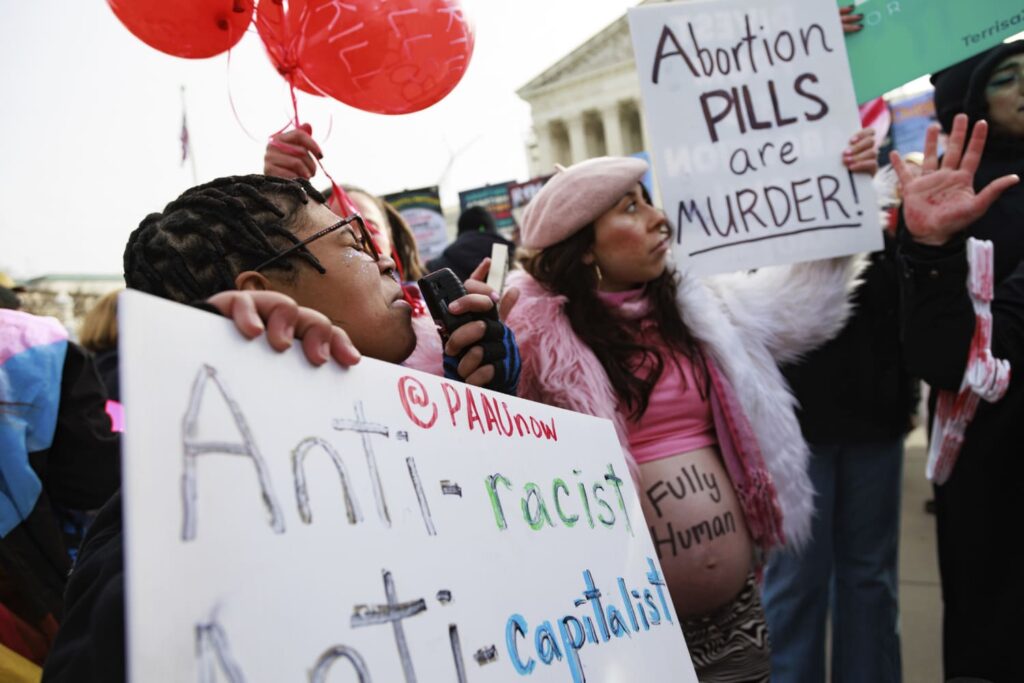A recent report from the AFL-CIO sheds light on concerning trends regarding job fatalities, particularly among Black and Latino workers. The report, compiled by a coalition of numerous unions representing millions of individuals, underscores significant disparities in workplace safety.
In 2022, the most recent year covered by the report, 734 Black workers lost their lives while on the job, marking the highest fatality rate in nearly 15 years. Similarly, Latino workers experienced a rise in job-related deaths, with the number climbing from 794 in 2003 to 1,248 in 2022. Alarmingly, 60% of Latinos who died at work were immigrants.
AFL-CIO President Liz Shuler condemned these disparities, attributing them to deep-rooted racial inequities and emphasizing the urgent need to address dangerous industries that often disregard worker safety.
The report highlights a stark contrast between the racial demographics of the American workforce and the distribution of job fatalities. While white workers constitute 77% of the workforce, Latinos make up 18%, and Black employees comprise 13%. This discrepancy underscores the need for prioritizing racial equity in discussions about worker justice.
Researchers behind the report point to legislative efforts, primarily led by Republicans, aimed at deregulation and shifting safety responsibilities from employers to individuals. Measures like the REINS Act and the Separation of Powers Restoration Act have limited federal oversight in work-related regulations.
Rebecca Reindel, the AFL-CIO’s safety and health director, expressed concern over the intensifying attacks on workers’ safety rules, applauding the Biden administration for its efforts to reinforce worker protections through regulatory actions.
Despite these efforts, workplace violence remains a significant concern, particularly impacting Black and Latino workers. Of the 524 workplace homicides recorded in 2022, a disproportionate number of victims were Black and Latino.
Labor movements have gained traction, with unions staging strikes and advocating for better protections and wages. However, legislative actions stripping away worker protections have triggered backlash, with some officials deeming them unconstitutional. For instance, a bill in Texas restricting breaks for construction workers sparked controversy amid a record heat wave.
Amidst these challenges, there have been victories, such as UPS workers securing pay raises and heat safety protections through negotiations. Nonetheless, the job market has seen setbacks, exemplified by UPS’s decision to cut 12,000 jobs due to rising costs and decreased demand.










